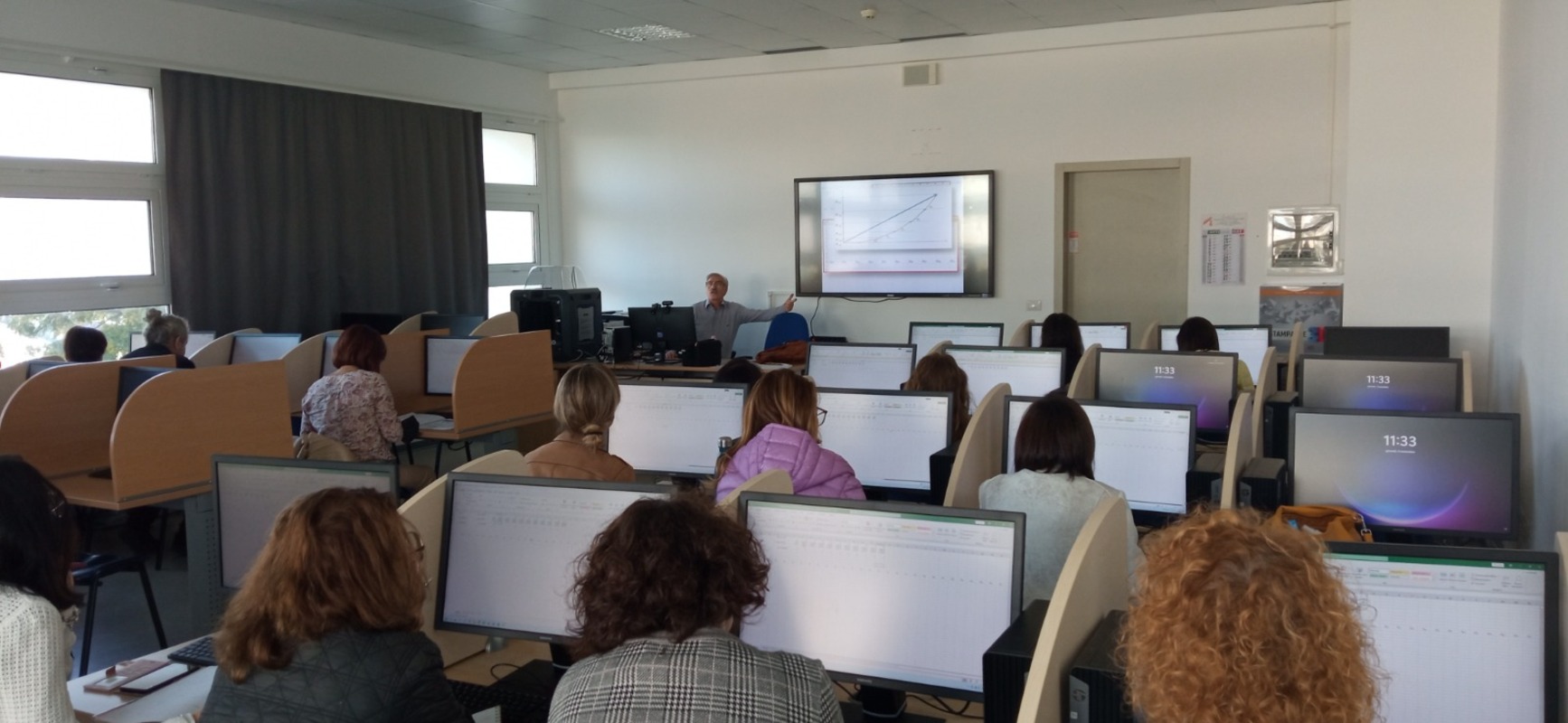New YorkAtrial fibrillation, a common heart disease that increases the risk of stroke, is increasingly affecting the health of young people. For years, experts believed that adults 65 and older were most likely to suffer from an arrhythmia, and that younger people who had it were more likely to have no other heart problems. But now a study by University of Pittsburgh Medical Center cardiac electrophysiologist Aditya Bhonsale has analyzed data from more than 67,000 patients with atrial fibrillation and found that nearly a quarter of them were under 65 years old. In addition, they had a higher risk of death than people without the disease, and they had more risk factors, such as high blood pressure, obesity and sleep apnea.
In atrial fibrillation, the upper and lower chambers of the heart are not coordinated as they should be, causing the organ to beat chaotically, sometimes too slowly, sometimes too quickly. People with this condition may experience rapid heartbeat and palpitations. Jeffrey Barnes, MD, a cardiologist and vascular medicine specialist at the University of Michigan Health System, says he often sees patients who describe it as “like a racing heart” or “like it's skipping a beat.” Sometimes people with atrial fibrillation also experience shortness of breath and chest discomfort. Some have occasional attacks, while others have persistent arrhythmias. But most of the time they don't have any symptoms and don't even realize they have it.
Atrial fibrillation is diagnosed using an electrocardiogram, taking into account medical and family history. According to doctors, more and more patients are seeking medical care because their smart watches detect irregular heartbeats. This could explain why more young people are being diagnosed with the condition, suggests Hugh Calkins, a professor of cardiology at Johns Hopkins University. “The more tests they do, the more things they find,” he adds. But according to Bonsall, atrial fibrillation may also be increasing among younger adults because many risk factors, such as pre-existing heart disease and diabetes, are also increasing in this age group.
Nearly one in five people who participated in the University of Pittsburgh study of atrial fibrillation also had obstructive sleep apnea, a major risk factor for the condition. During the night, people with this condition stop breathing and then start breathing again, making it difficult for them to get a good night's rest. This condition, which is often undiagnosed, is associated with various cardiovascular problems.
There's also a relationship between the amount of alcohol consumed and the likelihood of developing atrial fibrillation, according to Bradley Knight, MD, medical director of electrophysiology at Northwestern Medicine Bluhm Cardiovascular Institute. Cigarette smoking and e-cigarette use are also associated with an increased risk of atrial fibrillation, Barnes said. While exercise in general is associated with a lower risk of heart disease, extreme endurance exercise, such as marathons and triathlons, is associated with an increased risk of atrial fibrillation.
How can it be controlled?
Why is it important to detect atrial fibrillation? Because it can cause clots to form in the heart that travel to the brain and cause strokes, even in young patients, according to Bonsall. This disease can also increase the risk of cognitive impairment and dementia, as well as cause heart failure. In the University of Pittsburgh study, researchers found that people with atrial fibrillation under the age of 65 had a significantly greater risk of being hospitalized for heart failure, stroke, and myocardial infarction than people without atrial fibrillation.
“If you're diagnosed with atrial fibrillation at any age, but especially at a young age, you're given a great opportunity to say, 'Okay, what can I do to control my health better and reduce my chances of developing atrial fibrillation?'” “A problem later?” he says. Barnes: It's a wake-up call. For example, a person with sleep apnea should use a continuous positive airway pressure (CPAP) machine or stop smoking if you smoke occasionally, especially in younger patients. Doctors also recommend a procedure called Catheter ablation, to remove tissue from the heart that may be causing an arrhythmia.
Doctors may also prescribe blood-thinning medications to reduce the risk of stroke, as well as other symptom control medications that can help regulate heart rate and rhythm, Knight says. Now, although medications usually help reduce the frequency and duration of atrial fibrillation episodes, they “rarely eliminate atrial fibrillation,” he adds. The expert usually tells patients that this disease is similar to high blood pressure: it needs constant monitoring.

“Infuriatingly humble social media buff. Twitter advocate. Writer. Internet nerd.”



